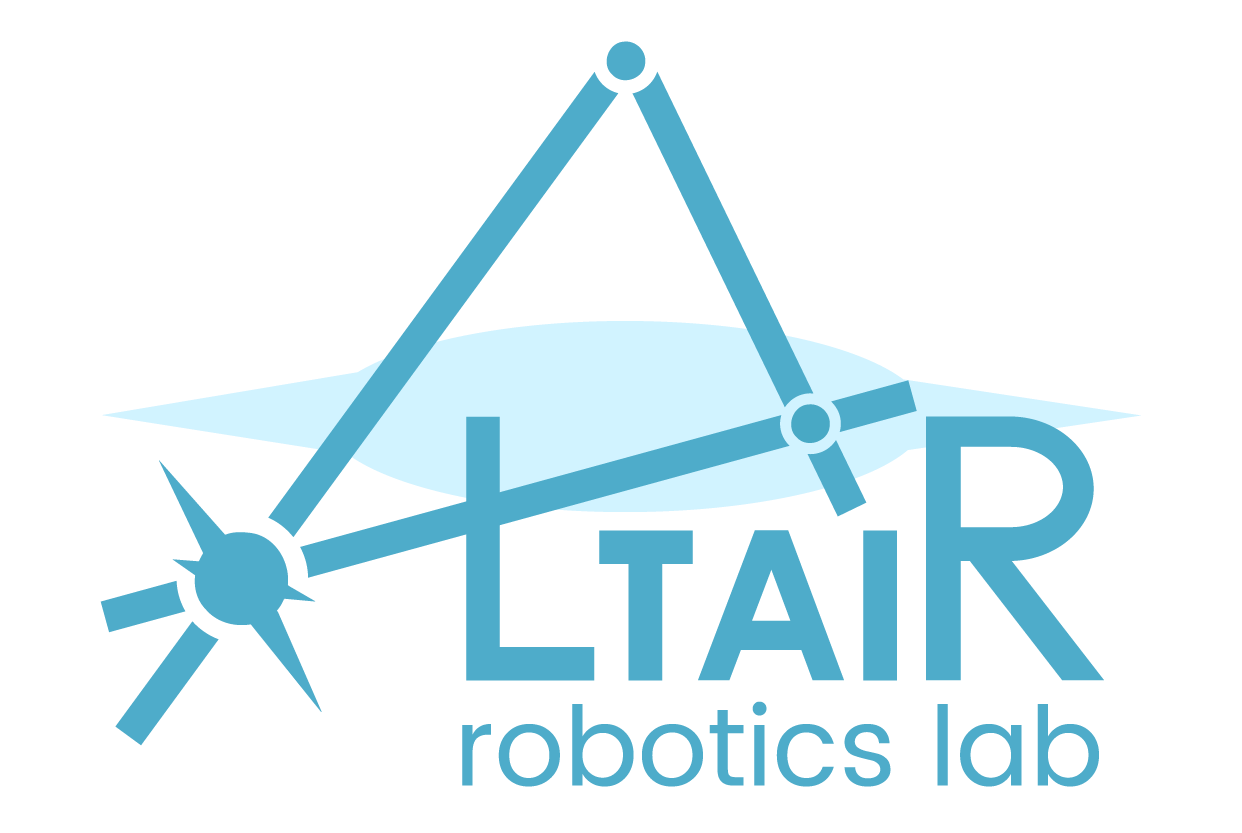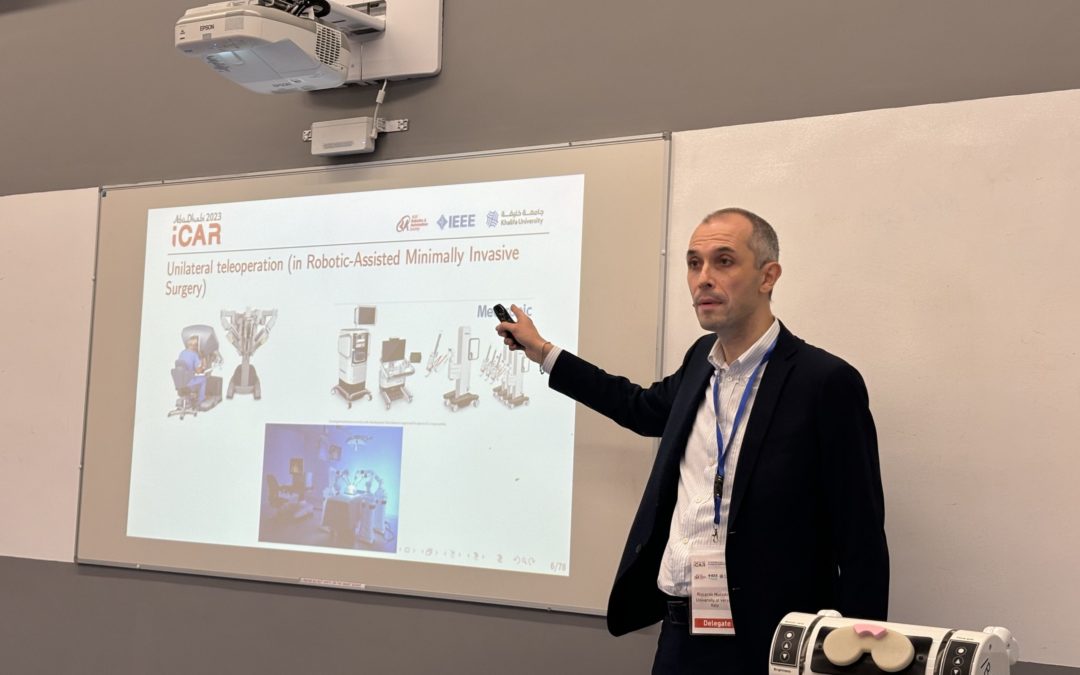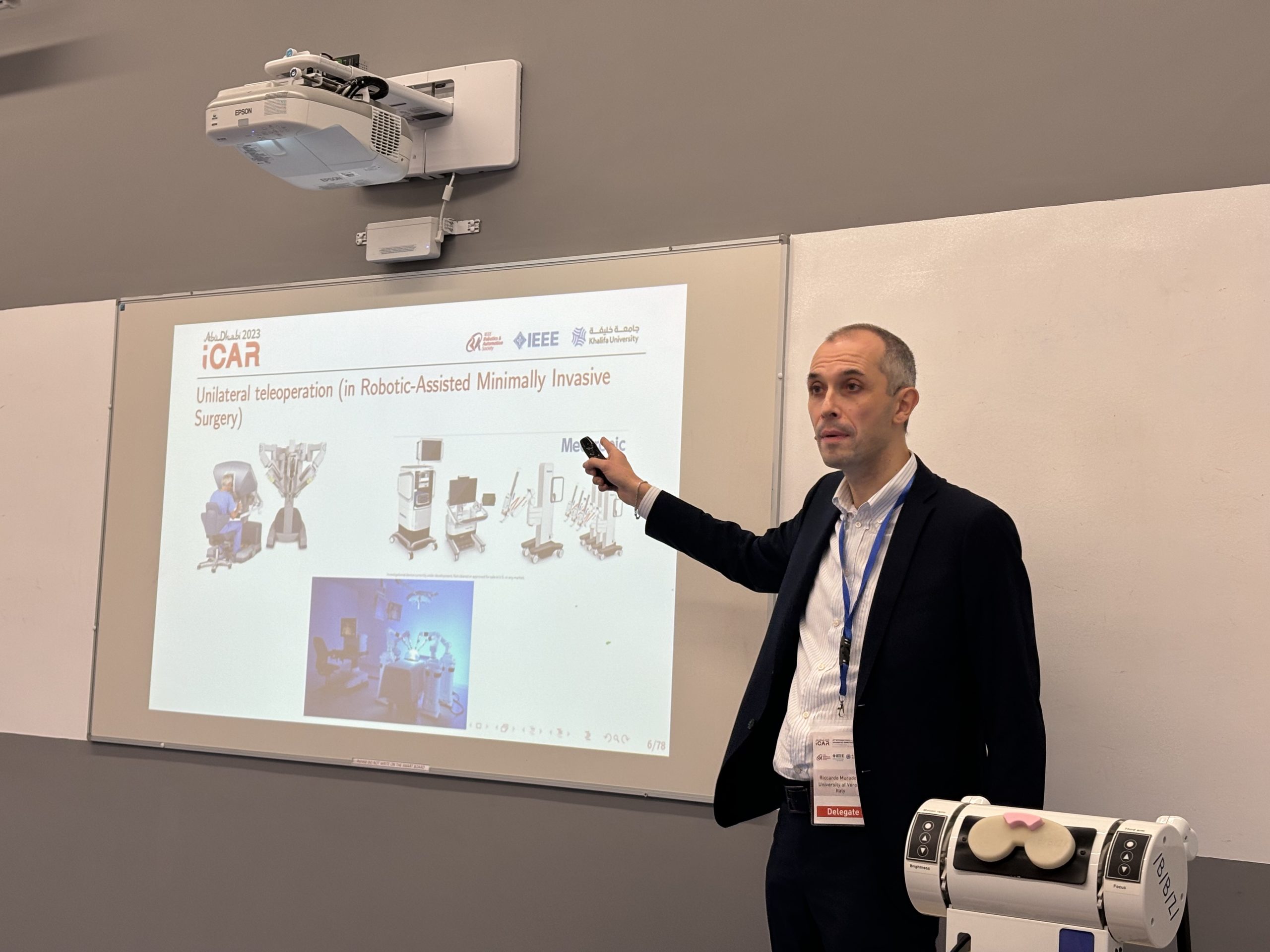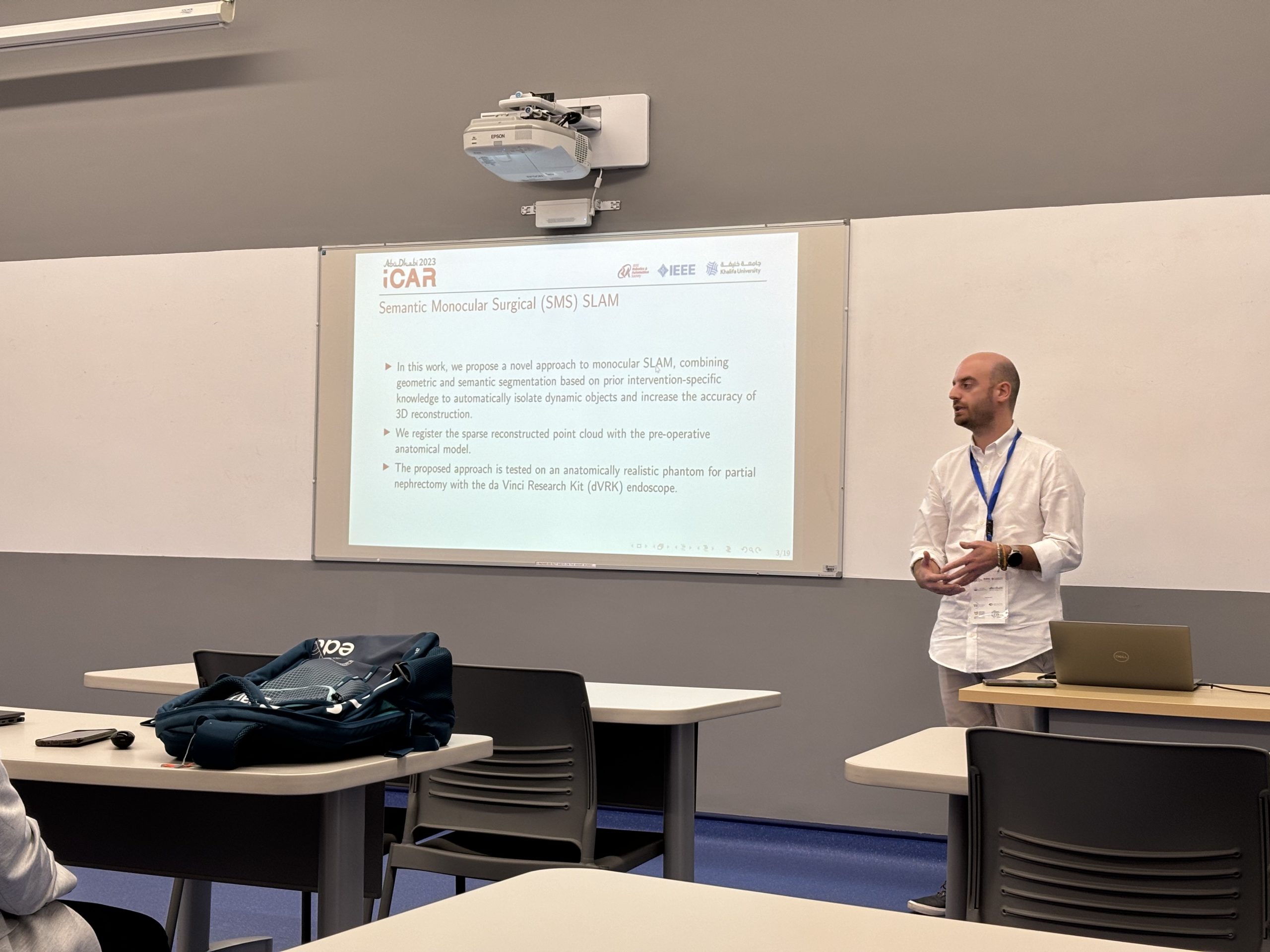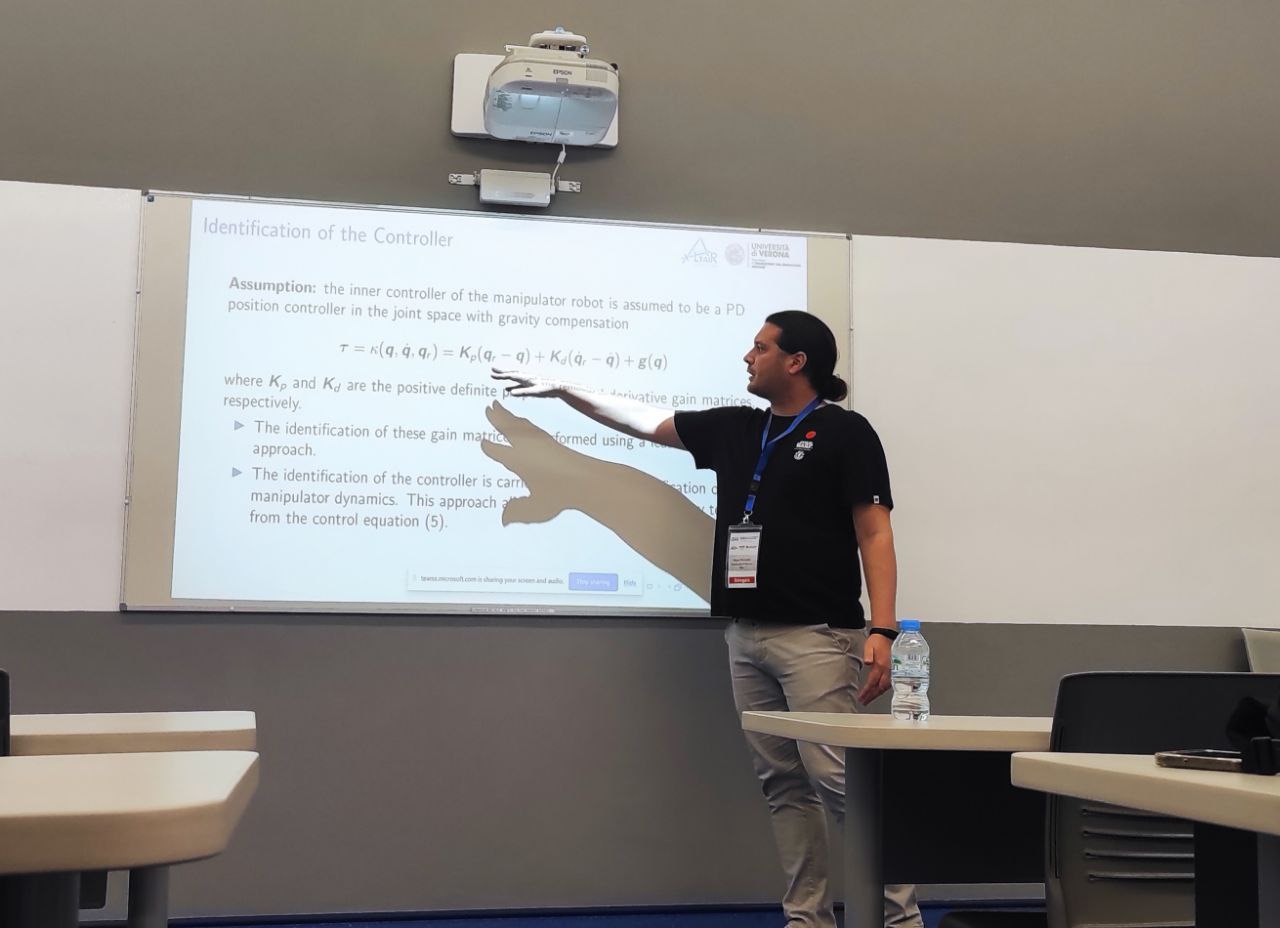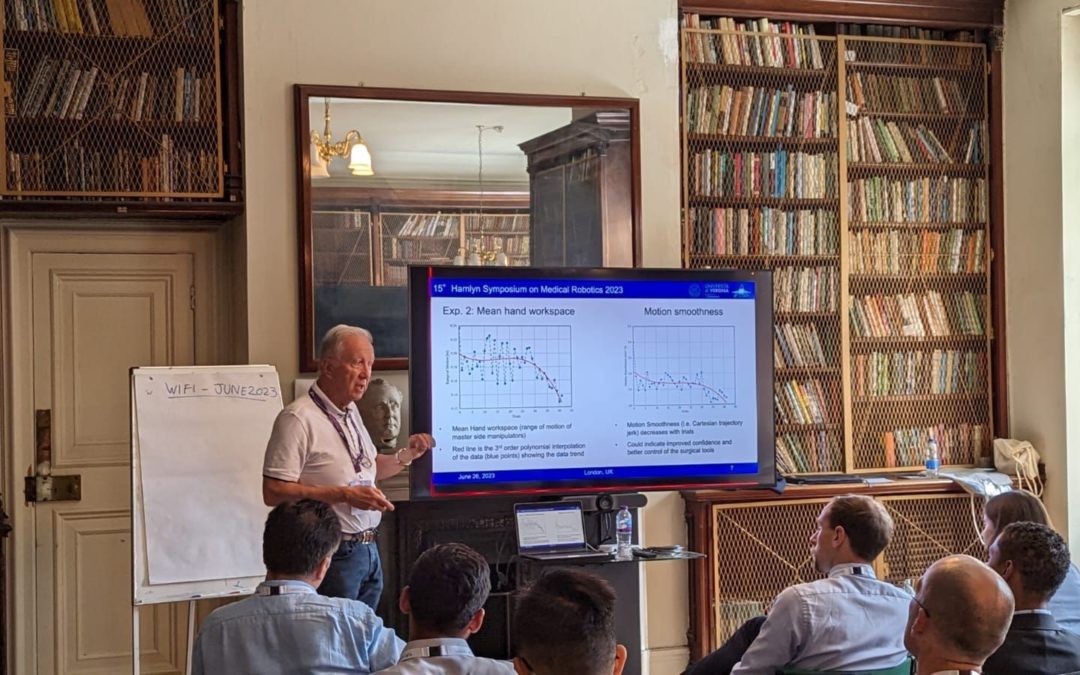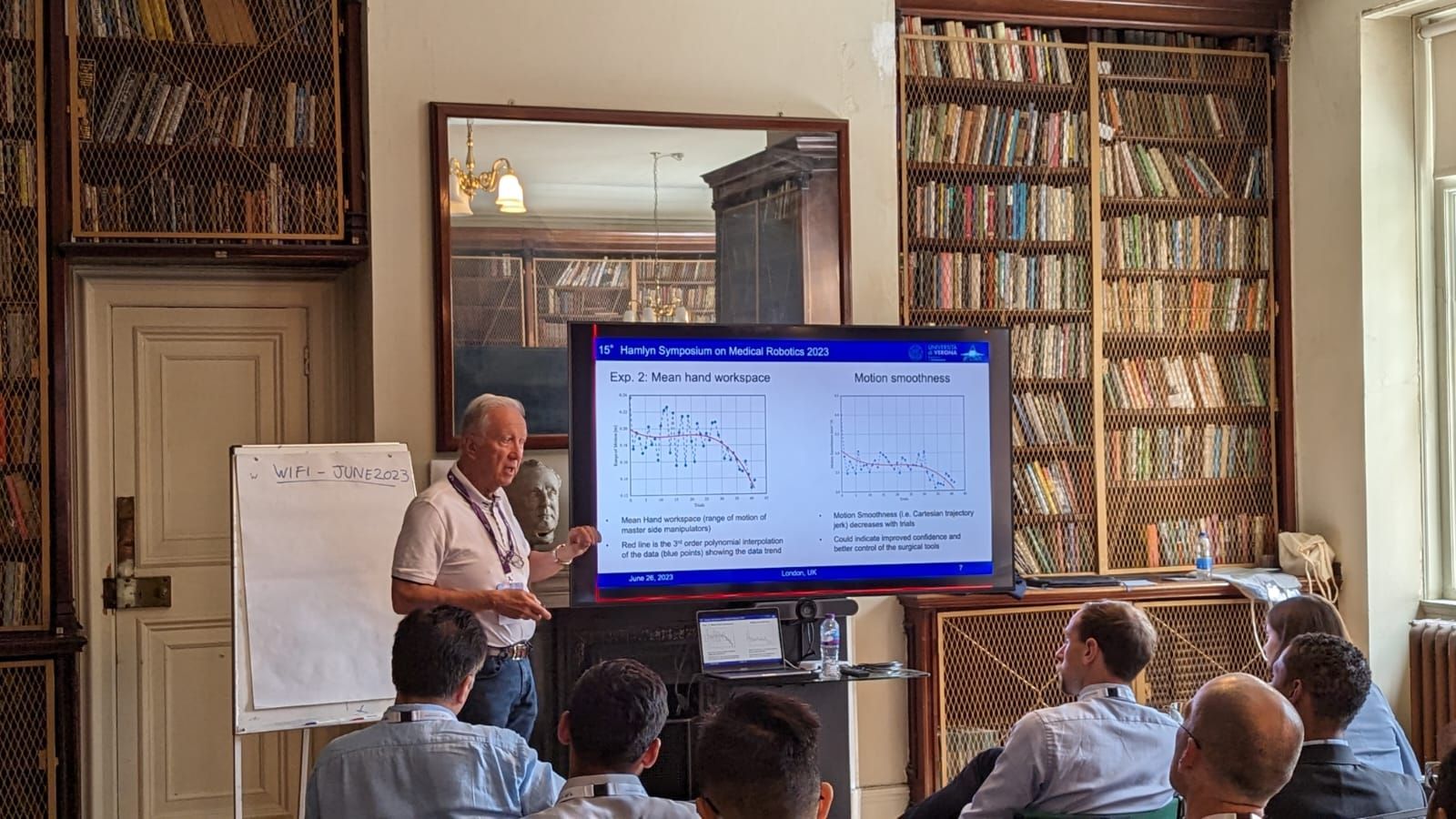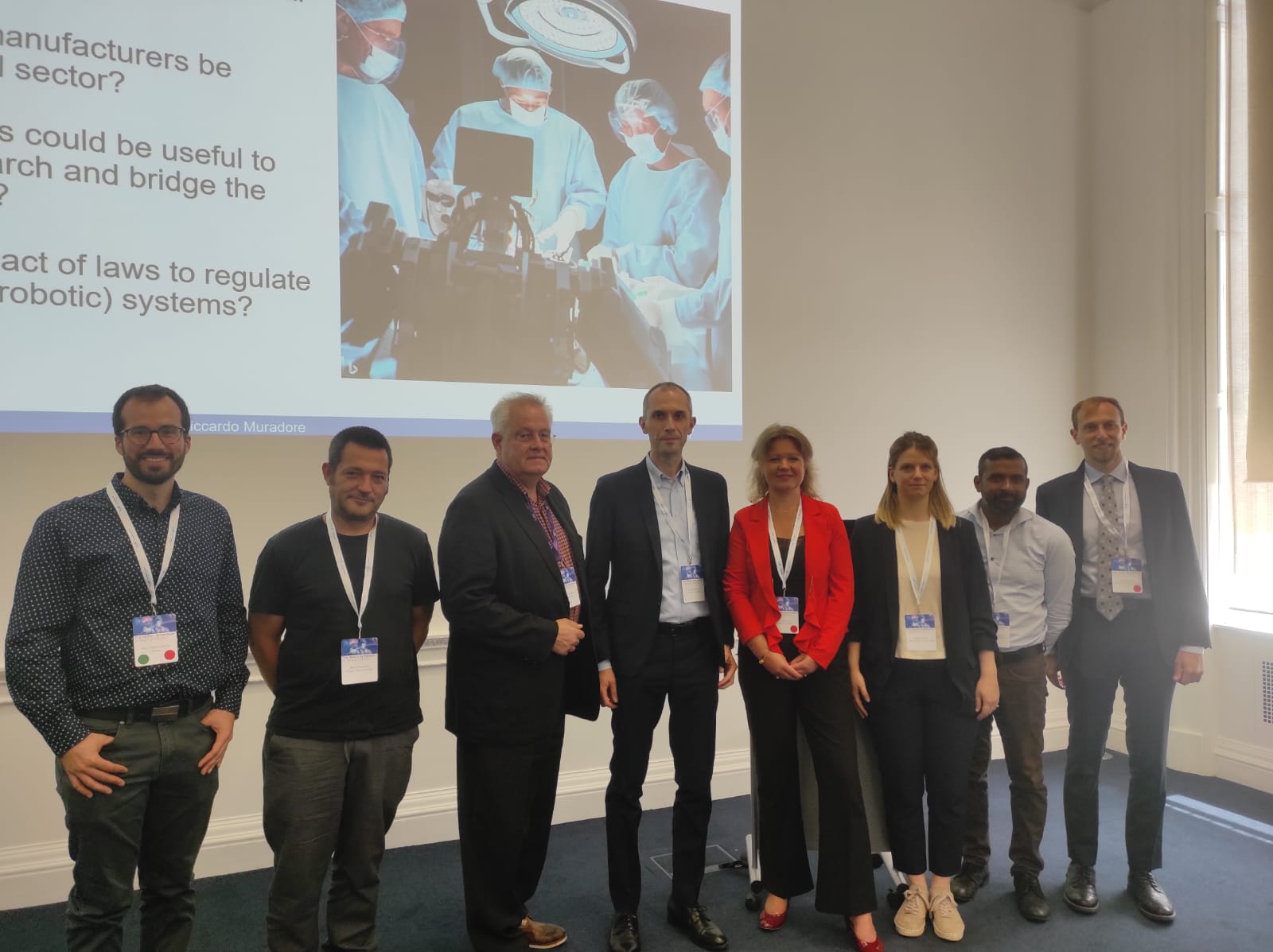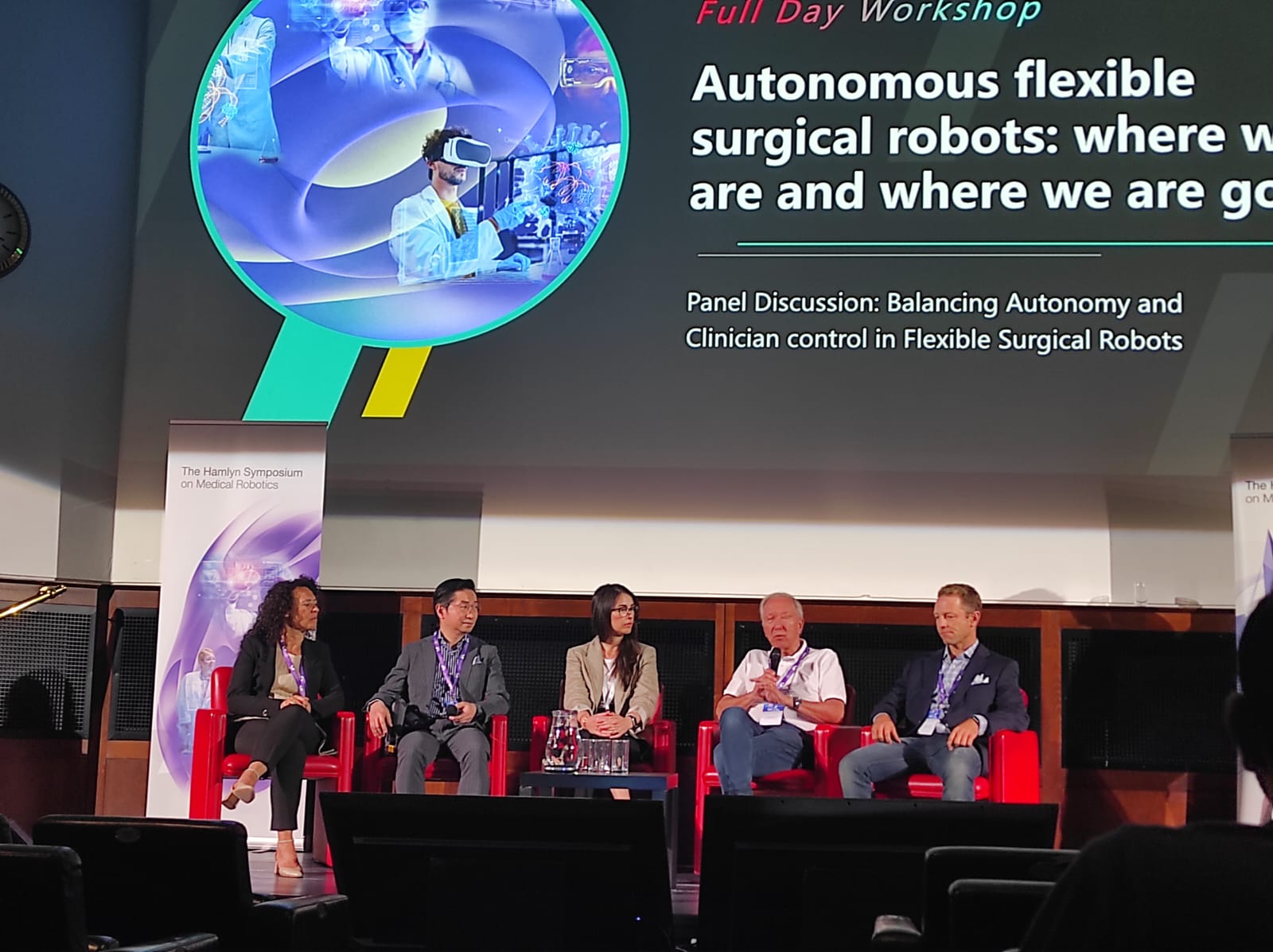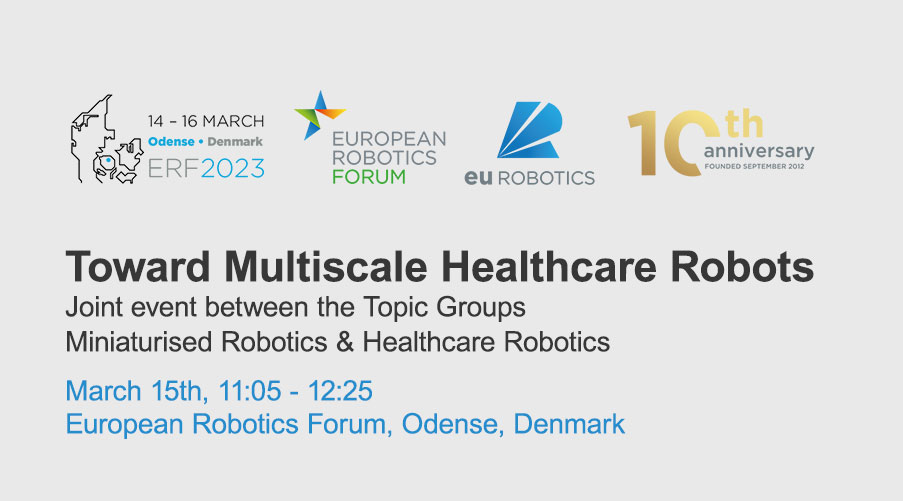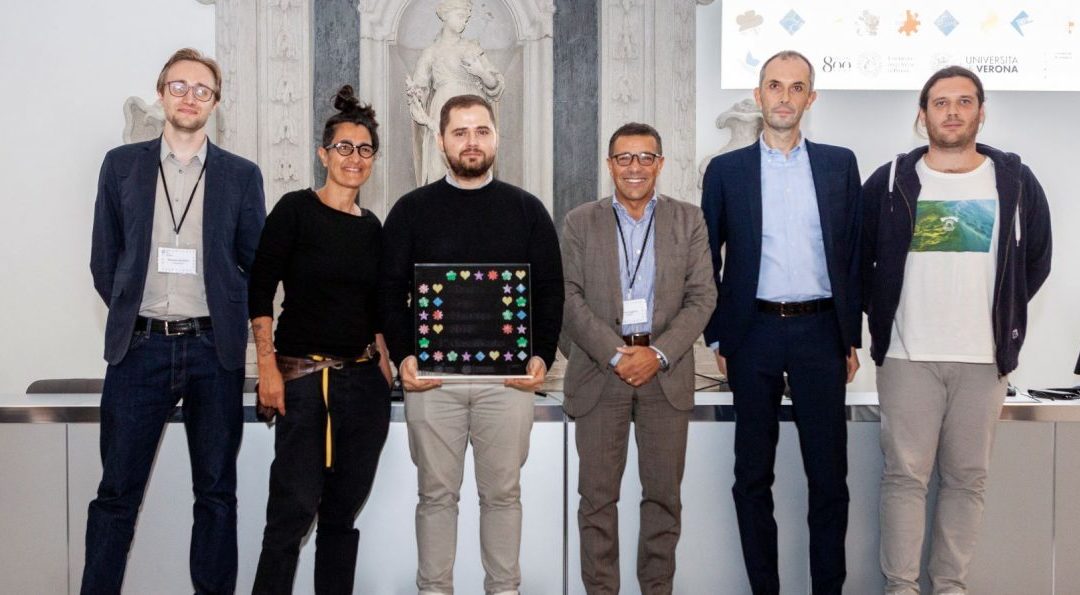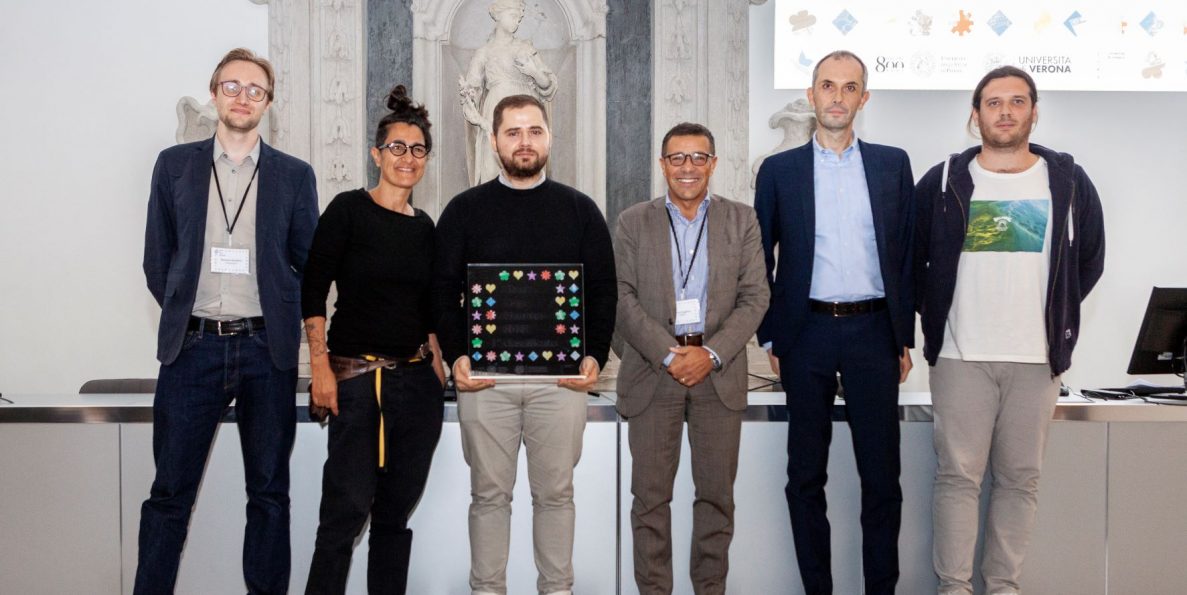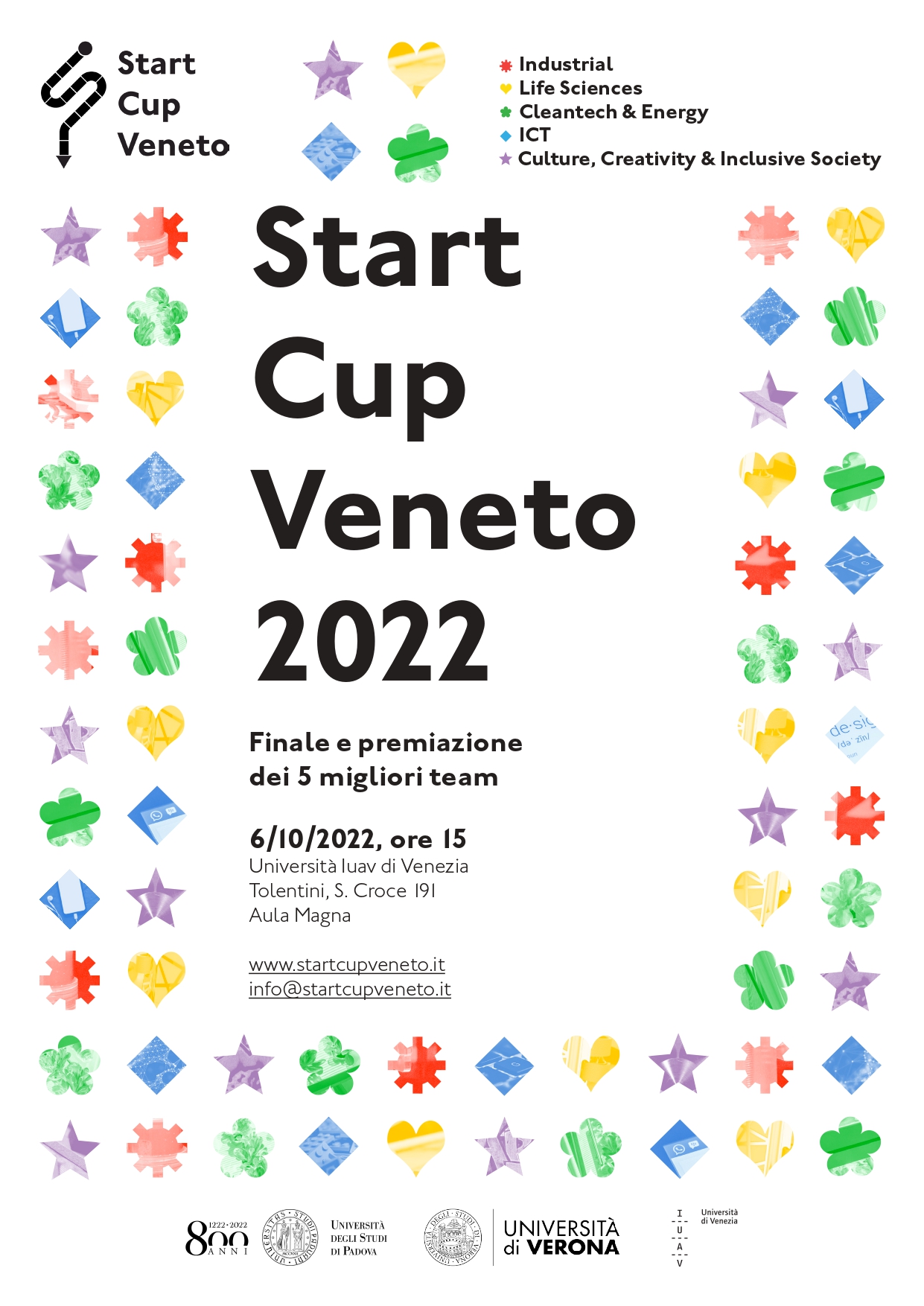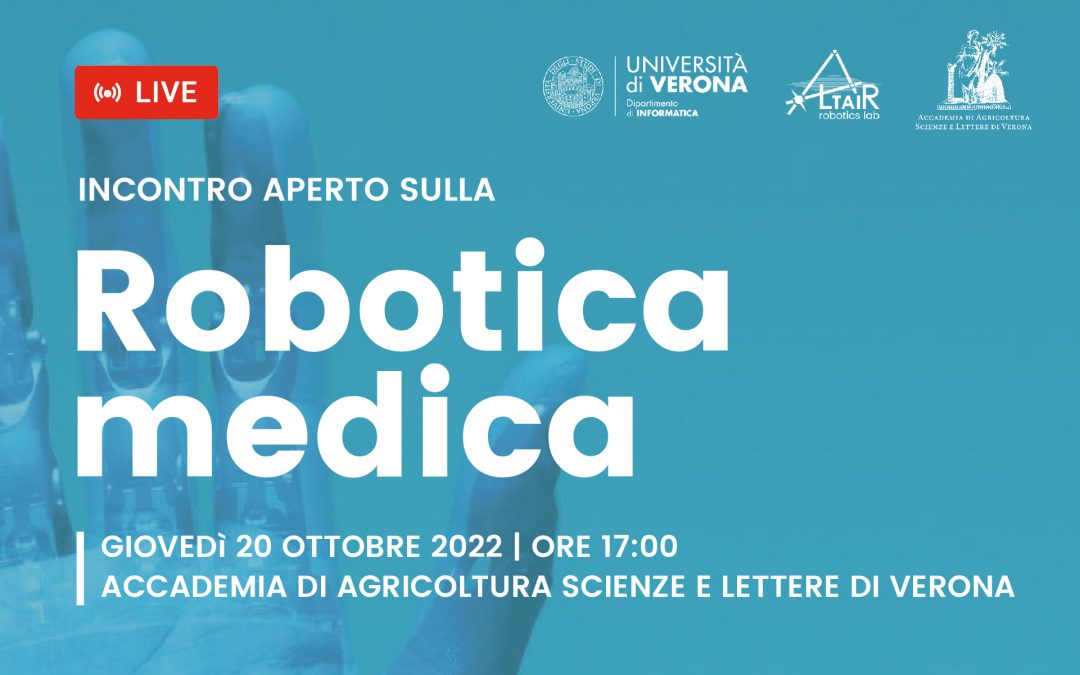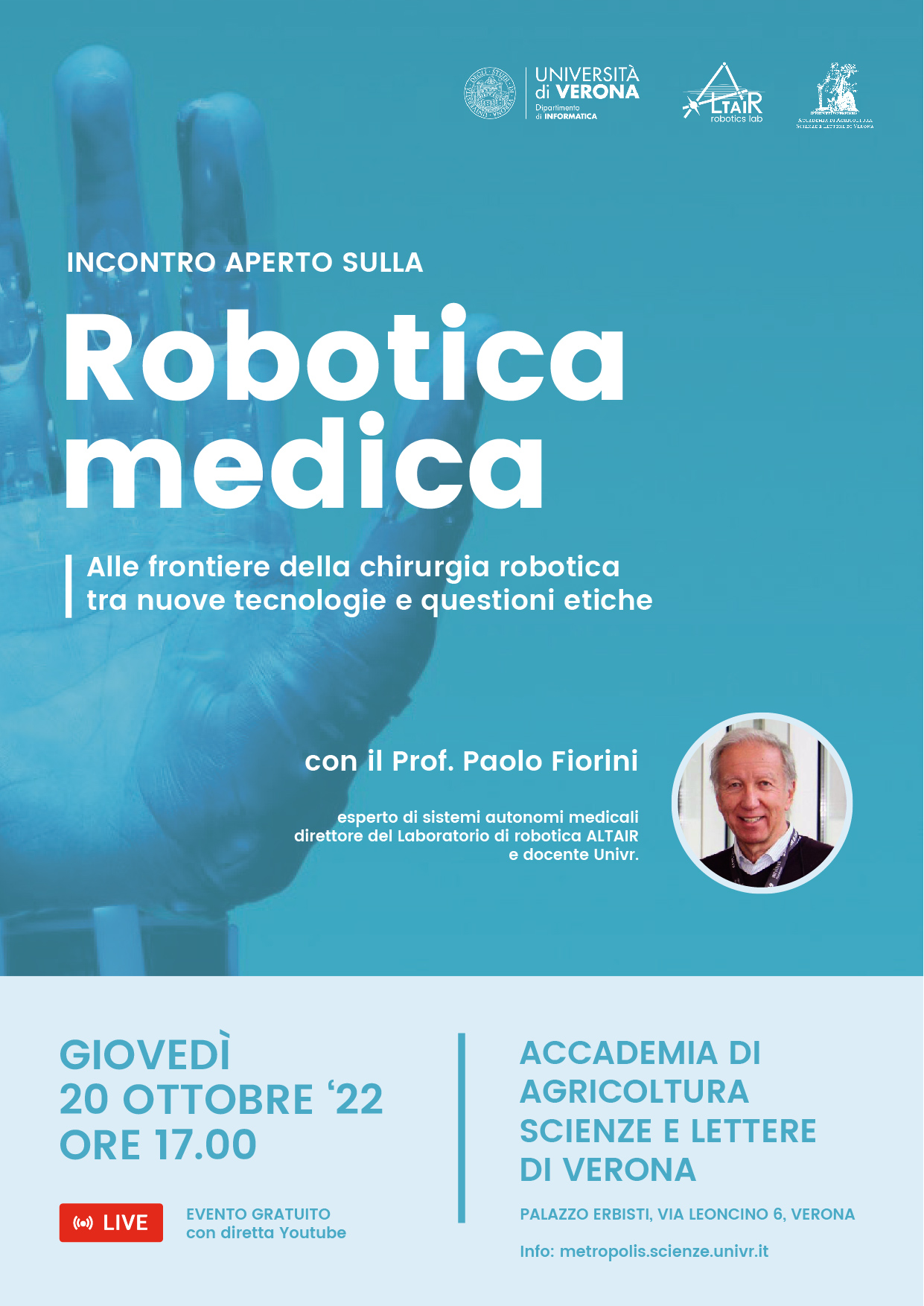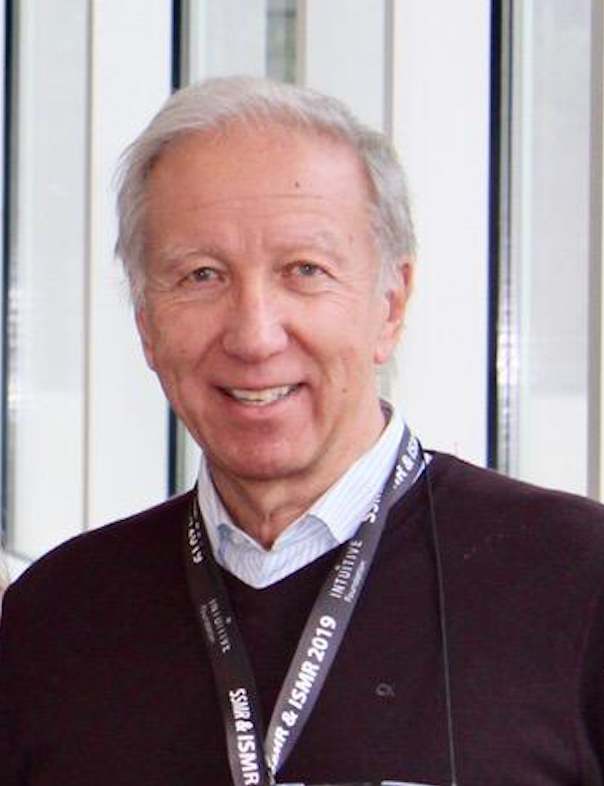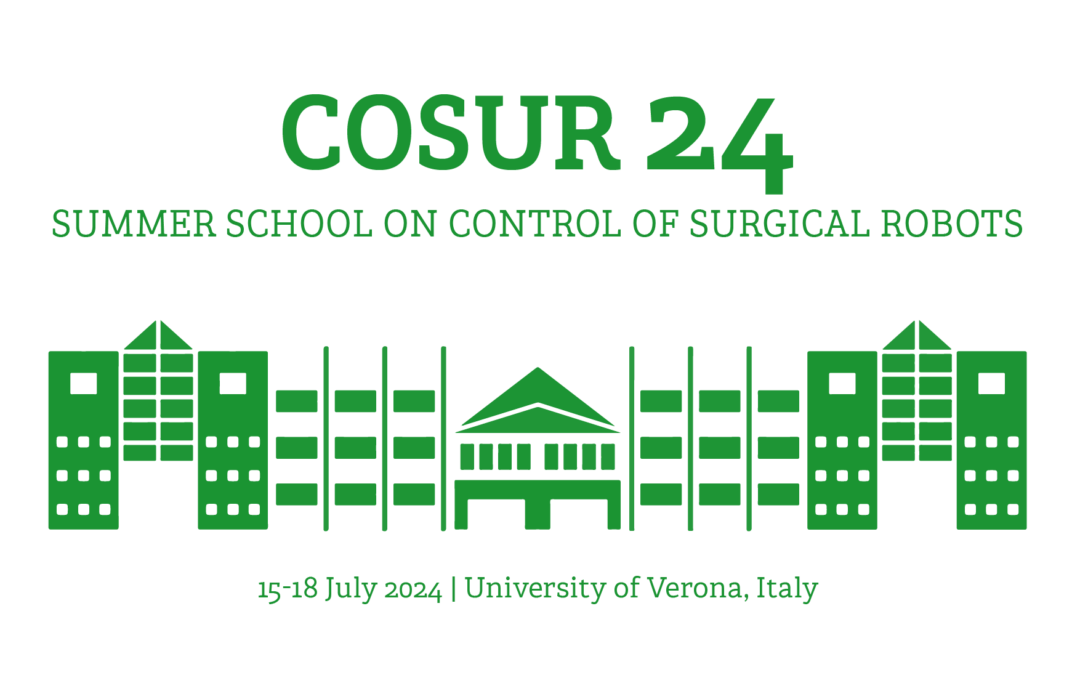
COSUR 2024 – Summer school announcement
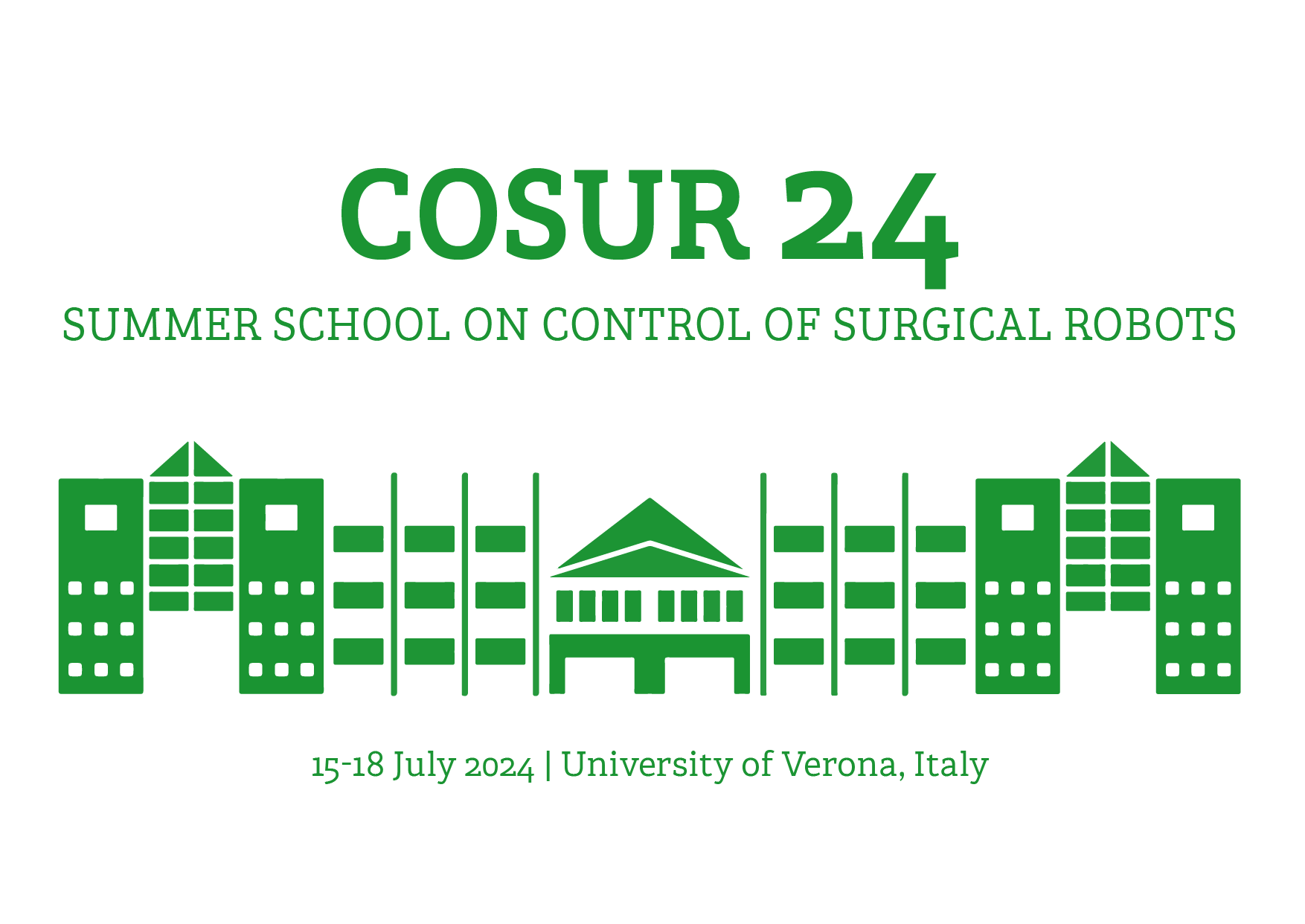
Registration Now Open for COSUR-2024!
We are delighted to announce that registration for the 4th Summer School on Control of Surgical Robots (COSUR-2024) is officially open!
Event Details
- Location: Verona, Italy
- Dates: July 15 to July 18, 2024
- Website: https://metropolis.scienze.univr.it/cosur-2024
About COSUR-2024
COSUR-2024 promises to be a hands-on and engaging event on implementing control algorithms for surgical robotic systems such as dVRK, bringing together experts and enthusiasts in the field. Participants will have the opportunity to learn about the latest advancements, share insights, and network with peers.
Registration Information
Registration is now open! To secure your spot at COSUR-2024, please visit the official website https://metropolis.scienze.univr.it/cosur-2024 for all the details. Spread the Word: Help us spread the word about COSUR-2024 by sharing this announcement with your Master students, PhD students, Post-docs, and colleagues who may be interested in attending.
Important Dates
Registration deadline extended: June 10, 2024
Registration deadline: May 17, 2024
Thank you for your support!
